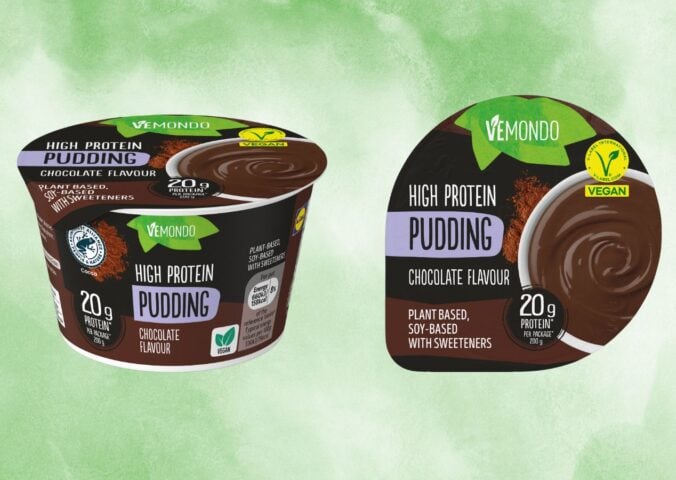People in the US are Googling “keto” about 80 percent less than they were in early 2019, while searches for the word “vegan” have remained more consistent, with a greater overall average.
Read more: BBC Debate: ‘Why Isn’t Processed Meat Scrutinized Like Plant-Based Meat?’
According to data from Google Trends, searches for keto tend to climb in the early months of each year before dropping again. Searches for keto peaked overall in January 2019 before falling, and as of June 2024, people are now Googling the term about 80 percent less.
Vegan searches have also fluctuated over the past decade, with a slight downward trajectory since around the middle of 2022. However, interest has remained comparatively consistent compared to falling searches for keto, with veganism firmly overtaking it in 2023.
In his recent video “Is Veganism Dead,” popular YouTuber Mic the Vegan mentioned the Google data in relation to ongoing media attention hailing the end of the plant-based boom.
“Yeah it’s been a bit higher in the past, […] but it’s still holding in there pretty strong and it’s still twice as many Google searches as it was in 2010 when it first started being cool,” said Mic the Vegan, referencing the relative consistency of vegan searches.
Looking at the Google Trends data, vegan searches undeniably peaked in late 2019 and early 2020. But as noted by Mic the Vegan, veganism is currently scoring higher than keto, and both lifestyles are dominating the relatively new and controversial carnivore diet.
Read more: Does Meat Really Provide All Nutrients You Need? Top Carnivore Myths Debunked
Are there any benefits to the keto diet?

The ketogenic diet means eating minimal or no carbohydrates, a medium amount of protein, and plenty of fat, to intentionally cause ketosis. When the body is in ketosis, it burns fat for energy instead of glucose, which its advocates say can aid weight loss.
(Note: it’s unclear how effective keto is long-term in this respect, but most people tend to regain weight lost through difficult-to-maintain restrictive diets anyway.)
Since carbohydrates are the body’s main source of energy, adopting a keto diet can cause unpleasant short-term symptoms like diarrhea, constipation, and vomiting. Some people also experience more serious side effects like reduced mental and physical function and sleep issues. At best, there isn’t much hard data to support keto’s purported benefits.
Keto diets rely heavily on animal products, but plant-based diets have been shown by numerous studies to offer good health outcomes. A recent study reviewed 20 years of evidence for plant foods found eating varied vegan or vegetarian diets “significantly associated” with better health markers, including lower cholesterol, improved blood sugar levels, less inflammation, and a lower risk of ischemic heart disease and cancer.
Read more: ‘Veganism Is Dead’: Say Media Outlets – Does The Data Agree?






